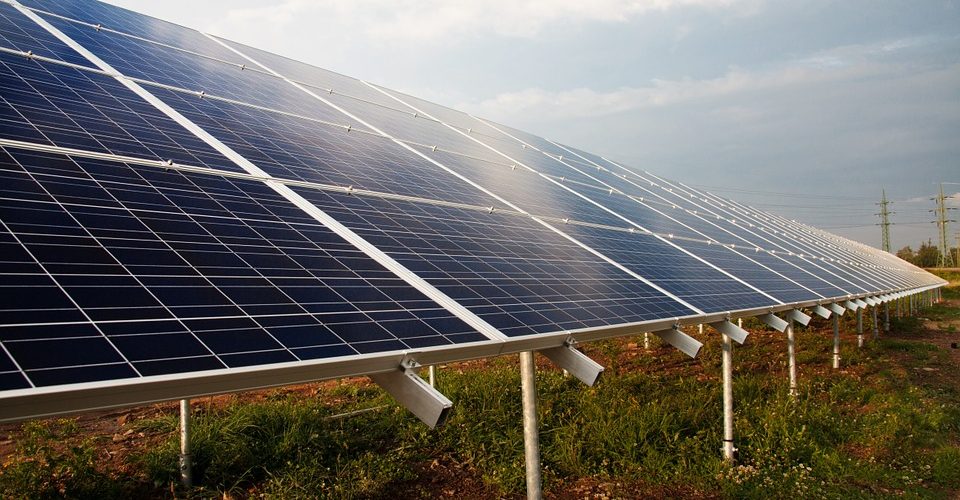The Greater Phoenix area is known nationwide as the Valley of the Sun, and Arizona Public Service (APS) is capitalizing on just that. With three new solar projects worth a combined $900 million, APS is investing in energy from the sun while increasing energy efficiency in the state.
One of the main challenges with solar energy is its utilization at night. Because no one can stop the sun from setting, many utility companies offer solar energy during the day and a less renewable source of energy at night. APS wants to curb this inefficiency and develop a cost-effective system that allows customers to tap into solar energy even after the sun goes down.
To accomplish this, APS is adding battery storage to its solar power plants and developing additional solar plants to extend the amount of energy it can offer customers. To start, existing plants will receive a 200-megawatt boost of battery storage by 2020. Then, the new storage plants will combine for 500 megawatts of storage. APS anticipates finishing the project by 2025.
The added storage cures a significant energy supply and demand problem. As the sun sets, the supply of solar energy decreases, but as households return home from work in the evening, the demand for energy increases. Consequently, utilities like APS must use a combination of natural gas, coal, and nuclear power during peak energy hours. Through battery storage, APS is delivering a solution to this issue, which keeps energy use low for customers during high-demand times.
APS spokeswoman Annie DeGraw explains how crucial energy storage is for customers. “The ability to take what is a lot of unused energy and storing it to redistribute it when customers are at home is a huge advancement,” she notes. “Not only does it make sure that the energy is used more effectively, but it also makes our energy source better.”
Pat Graham, State Director of The Nature Conservancy in Arizona, depicts the importance of this kind of project. “Large-scale battery storage is a critical step on the path to reliable and affordable clean-energy solutions,” Graham said. “Clean energy and clean air are important to the health of our communities and the lands and water upon which all life depends.”
Currently, APS has the fifth-largest solar energy portfolio of any utility in the country, with 1.4 gigawatts of energy in their system. In fact, as a state, Arizona has the second-highest amount of solar energy in the nation. With all of these facts, DeGraw concludes, “Being able to store excess solar in a state like Arizona makes a lot of sense for us.”
















Add comment